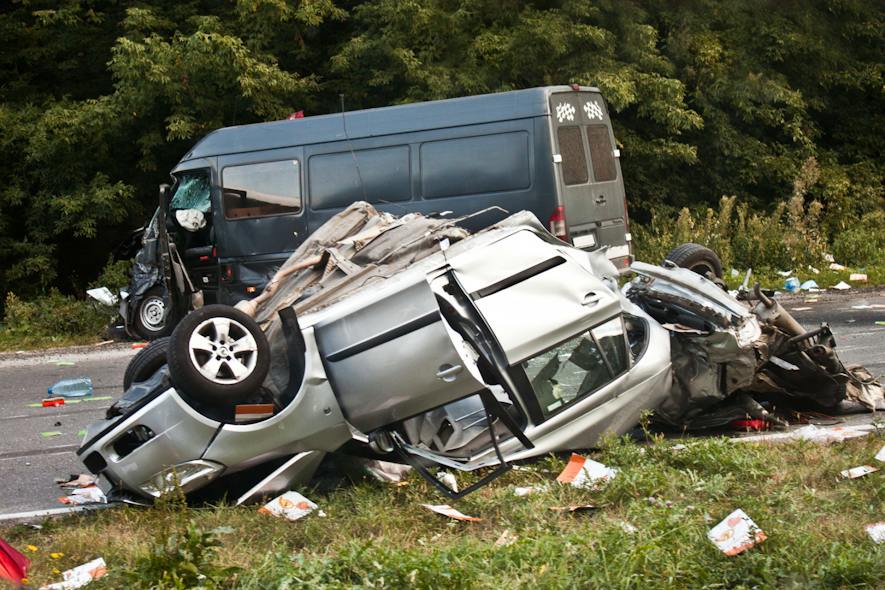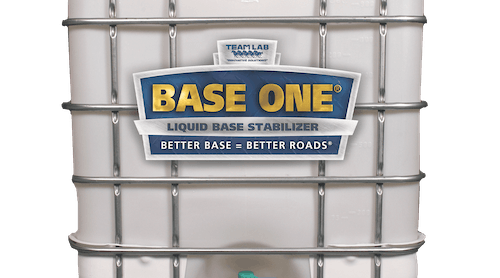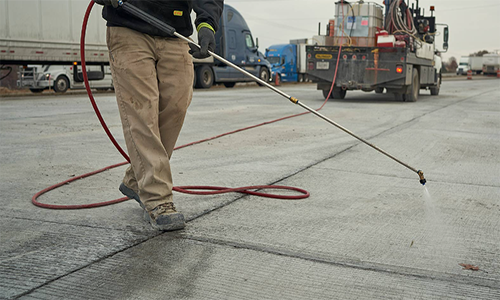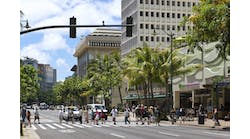The National Highway Traffic Safety Administration (NHSTA) announced in its new report, “The Economic and Societal Impact of Motor Vehicle Crashes, 2019,” that motor vehicle crashes cost American society $340 billion in 2019. The report examines the costs of one year of crashes that killed an estimated 36,500 people, injured 4.5 million, and damaged 23 million vehicles.
“This report drives home just how devastating traffic crashes are for families and the economic burden they place on society,” said Ann Carlson, NHTSA’s Acting Administrator. “We need to use the safe system approach embraced in DOT’s National Roadway Safety Strategy to dramatically decrease the number and severity of crashes: safer roads, safer people, safer vehicles, safer speeds, and better post-crash care.”
Data sources include NHTSA’s Fatality Analysis Reporting System, Crash Investigation Sampling System and the Crash Report Sampling System. The report draws on data from a range of crashes, including ones that lead to property damage, serious injuries and fatalities while also examining crashes not reported to the police, using consumer survey data, in-car observation techniques and a variety of other sources.
The $340 billion cost of motor vehicle crashes represents the equivalent of $1,035 for each of the 328 million people in the United States and 1.6% of the $21.4 trillion real U.S. gross domestic product for 2019. The $340 billion cost of motor vehicle crashes represents the equivalent of $1,035 for each of the 328 million people in the United States and 1.6% of the $21.4 trillion real U.S. gross domestic product for 2019.
Those not directly involved in crashes pay for roughly three-quarters of all crash costs, primarily through insurance premiums, taxes, congestion-related costs such as lost time, excess fuel consumption, and increased environmental impacts.
Traffic crashes cost taxpayers $30 billion in 2019, roughly 9% of all motor vehicle crash costs. This is the equivalent of $230 in added taxes for every household in the United States.
These losses include medical costs, lost productivity, legal and court costs, emergency service costs, insurance administration costs, congestion costs, property damage, and workplace losses. These figures include both police‐reported and unreported crashes.
When quality-of-life valuations are considered, the total value of societal harm from motor vehicle crashes in 2019 was nearly $1.4 trillion.
The report includes new data on the total value of seat belt use. From 1975 to 2019, seat belt use saved 404,000 lives and prevented $17.8 trillion in societal harm.
Risky behavior such as intoxication, failure to wear a seat belt, speeding, and distracted driving were also looked at in the report, and attributed to a lot of preventable fatalities.
The report also includes data on the costs associated with motorcycle crashes, failure to wear motorcycle helmets, pedestrian crashes, bicyclist crashes, and numerous different roadway designation crashes.
Nearly 95% of people who die using our nation’s transportation networks are killed on our streets, roads and highways. Roadway fatalities and the fatality rate declined consistently for 30 years, but progress has stalled over the last decade and went in the wrong direction in 2020 and 2021. The USDOT’s National Roadway Safety Strategy outlines what the Department is doing to address this crisis.
--------------------------------------------------------
Source: NHTSA












